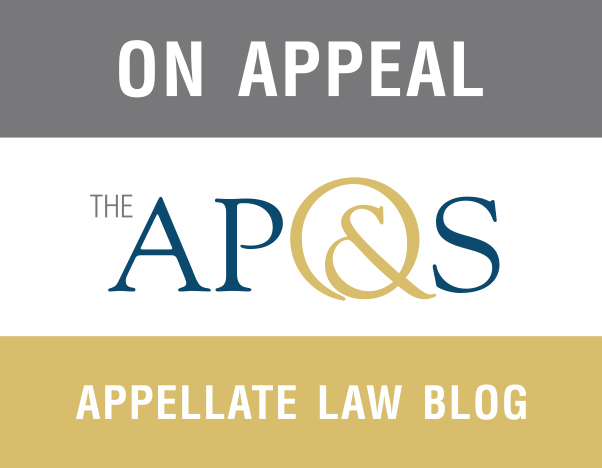Rose Nulman Park Foundation v. Four Twenty Corp., 93 A.3d 25 (R.I. 2014): In a high-profile case this term, the Rhode Island Supreme Court held that a $1.8 million home that erroneously encroached by 13,000 square feet on neighboring property constituted a trespass for which the only appropriate remedy was an injunction requiring the removal of the home.
In reaching its decision, the Supreme Court noted that it was “not unsympathetic to the defendant’s plight” and that it agreed with the trial court’s characterization of the case as presenting an “unfortunate situation.” Nevertheless, the Court embarked on a recitation of its law concerning the remedy for a continuing trespass.
The Supreme Court has “generally held that the appropriate remedy for a continuing trespass is injunctive relief.” (citing Raposa v. Guay, 125 A.2d 113, 117 (R.I. 2956); Bentley v. Root, 32 A. 918, 919 (R.I. 1895)). However, the general rule is not absolute. In exceptional cases the “court may, in its discretion, decline to follow it where the injunctive relief would operate oppressively and inequitably.” (citing Adams v. Toro, 508 A.2d 399, 401 n.1 (R.I. 1986); Santilli v. Morelli, 230 A.2d 860, 863 (R.I. 1967)). Typically, such exceptional cases are those that involve acquiescence, laches or a de minimus trespass. In addition, “courts may withhold injunctive relief after balancing the equities or . . . considering the relative hardships to the parties.” Importantly, however, “a trial court is [not] required to balance the equities before granting injunctive relief in a continuing trespass case.”
A departure from the general rule that a continuing trespass should be remedied by injunctive relief is justified only in exceptional circumstances. Upon review of the record, the Court concluded that the Nulman case did not “involve such exceptional circumstances ‘which would render such coercive relief inequitable or oppressive.’” (quoting Adams, 508 A.2d at 401). Thus, an injunction was the appropriate remedy for the defendant’s continuing trespass.



